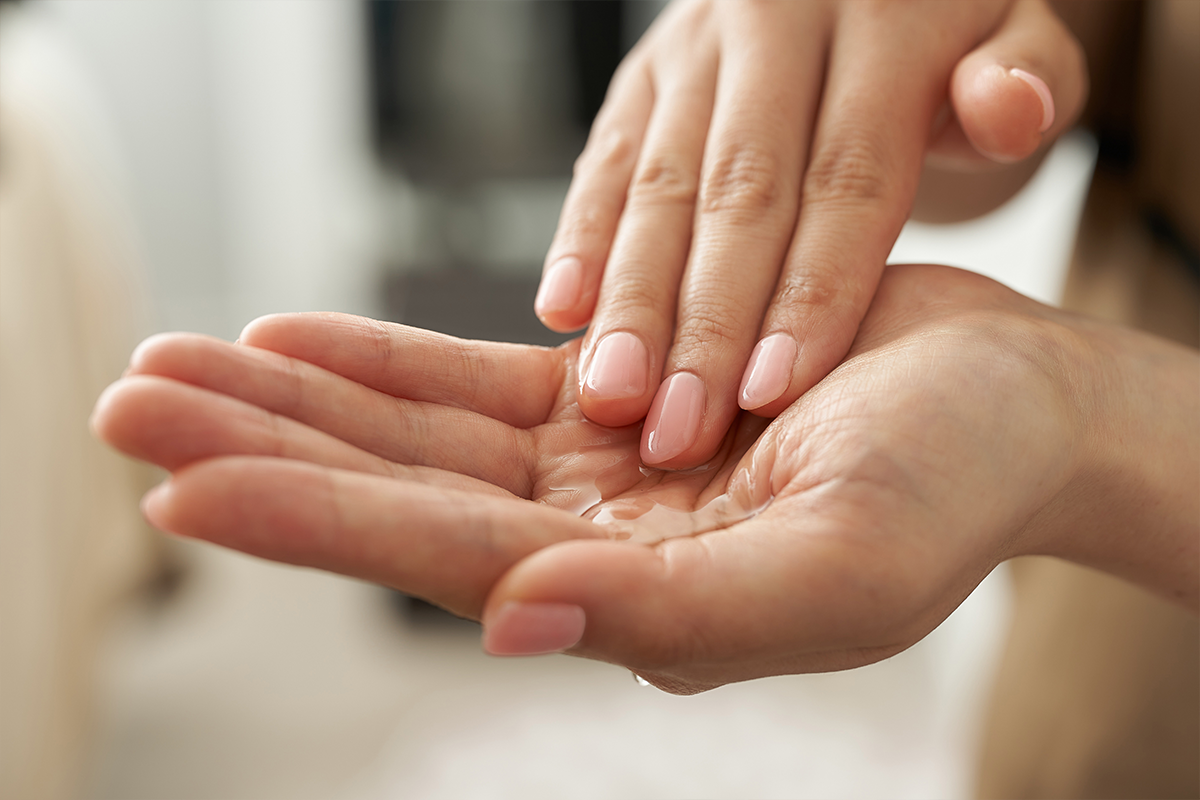Advertisement
The Healing Oils
Isn’t it rather strange that we automatically think of creams, ointments or powders from the drugstore to treat toenail fungus, ringworm, jock itch and vaginitis. Some people consider only prescription drugs or antibiotics for staph, strep or other infections. TV advertisements constantly direct viewers to medicated salves and other pharmaceuticals to provide symptomatic relief of … Continued

Isn’t it rather strange that we automatically think of creams, ointments or powders from the drugstore to treat toenail fungus, ringworm, jock itch and vaginitis. Some people consider only prescription drugs or antibiotics for staph, strep or other infections. TV advertisements constantly direct viewers to medicated salves and other pharmaceuticals to provide symptomatic relief of hemorrhoids and athlete’s foot. Maybe that’s why herbal healing oils don’t come to mind. We have already been preconditioned.
Most infectious diseases, the main killers from the 1600s to the 1900s including cholera, smallpox and tuberculosis, have been brought under control through medical advances, better nutrition and improved hygiene. However, a great number of other infectious diseases are on the rise, and modern medicine has simply failed to control them. In fact, the mis- and overuse of antibiotics and drugs have contributed to the buildup of drug-resistant microbes. According to the medical journal Hippocrates, about 130,000 patients die every year in the United States alone from infectious disease caused by antibiotic-resistant microbes. Pharmaceutical companies are at an impasse without any effective drugs to offer.
For herbalists all over the world and throughout the ages, microbial resistance was never a problem. They treated microbial infections especially with healing oils, also referred to as etheric or essential oils. The list of etheric oils is endless: rosemary, lavender, peppermint, wintergreen, cajuput, cloves, rose and black seed oil, to name just a few. The statement “black seed oil cures every disease except death” is credited to Mohammed (570-632). Etheric oils have been used as medicine in ancient China, Persia and Egypt. The German nun Hildegard von Bingen (1098-1179), established in her writings, Causea et Curea, an impressive record of conditions treated with herbal oils, among them external treatments for rheumatic pain, neuralgia, bruises, muscle strains and skin abrasions, and internal treatments for appetite loss, flatulence and indigestion.
Healing oils have many applications as they kill bacteria and viruses. As everyone close to me knows by now, my personal favourite among healing oils is Olbas. It’s made of seven different etheric oils and distillations, formulated to mainly treat colds, coughs, sore throat, the sniffles with stuffed noses, and headaches. I’ve promised a free Olbas sample to all readers of alive who write to me (c/o Alive Publishing Group) and request it. It’s a good opportunity to get to know the healing power of nature.
Two herbal healing oils that recently have received much attention are Australian tea tree oil and oil of oregano. Both are popular natural substances with a long history of medical applications.
Tea Tea Oil
This amazing essential oil comes from the leaves of the Australian tree, Melaleuca alternifolia. In 1770, Captain Cook and his crew brewed a spicy tea made from the tree’s thick and sticky, aromatic leaves, hence the name “tea tree.” A botanist with the expedition, Joseph Banks, found that it could be used for cuts, burns, bites and all kinds of skin ailments.
Australian chemist Dr. Penfold discovered in 1923 the real medicinal value of tea tree oil: it kills all kinds of bacteria and microbes. It is most effective in the treatment of toenail fungal infections as well as yeast infections caused by Candida albicans.
Around the house, tea tree oil can be applied as an antiseptic to keep the kitchen and bathroom squeaky clean. It can help save the environment and hundreds of dollars by cutting down on laundry detergents when used as a disinfectant and antifungal in your laundry tub together with the EcoSave laundry discs by Teldon. Ask for them in your health food store.
Oil of Oregano
Thanks to Dr. Cass Ingrams in his groundbreaking book, The Cure Is in the Cupboard (Knowledge House, 1997), oil of oregano has become one of the most popular herbal medicines sold in health food stores. I have attended several of his lectures to learn first hand the powerful healing properties of this amazing and versatile herbal oil.
A powerful antifungal, oil of oregano can kill or block the growth of virtually any fungus-causing skin infections, especially ringworm, athlete’s foot and toenail fungus. As an antiviral it possesses significant powers against everyday infections such as sore throats, flu, colds and viral pneumonia. It inhibits the growth of most bacteria, even where antibiotics fail. Finally, the oil is antiparasitic capable of killing all species of parasites, which most often are the cause of diarrhea. Anyone who applies oil of oregano for any of these conditions will not be disappointed, simply because it works.
Gathering the wildcrafted herbs and producing the oil with a special distillation process are rather cumbersome and fairly expensive, yet you may find a wide variety of different prices for this product. It may be that the oil is not made from the “wild” species, or that it has been diluted with another carrier oil and is not a 100 per cent oil of oregano. Under no circumstances purchase valuable products of this nature by mail order, from a discount house or any other dubious source. It’s best to trust the expertise of the trained nutritional adviser in your health food store where you can always ask questions.
The advent of pharmaceutical drugs backed with massive advertising pushed healing oils to the brink of oblivion. However, the arrival of the 1960s “flower power” saw growing skepticism toward toxic substances and fear of their side-effects. Today synthetic medicine has lost much favour. We are now experiencing a resurgent interest in natural health and botanical medicine by a new
generation.




